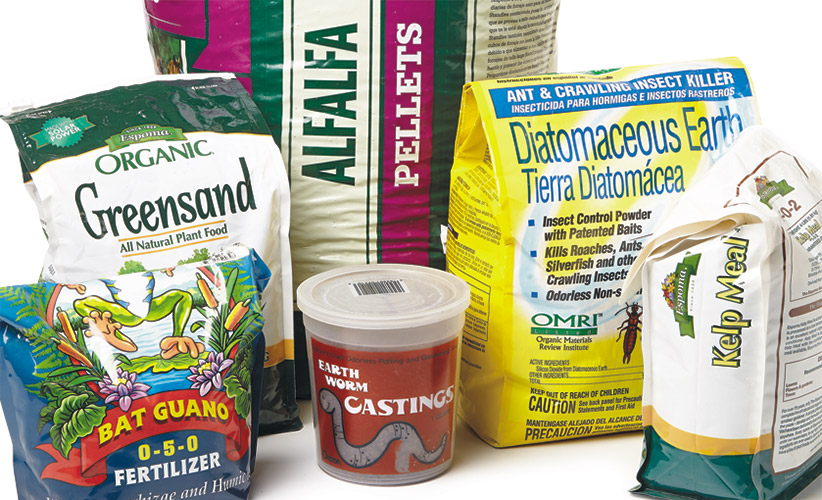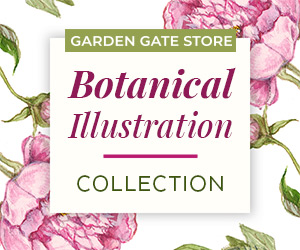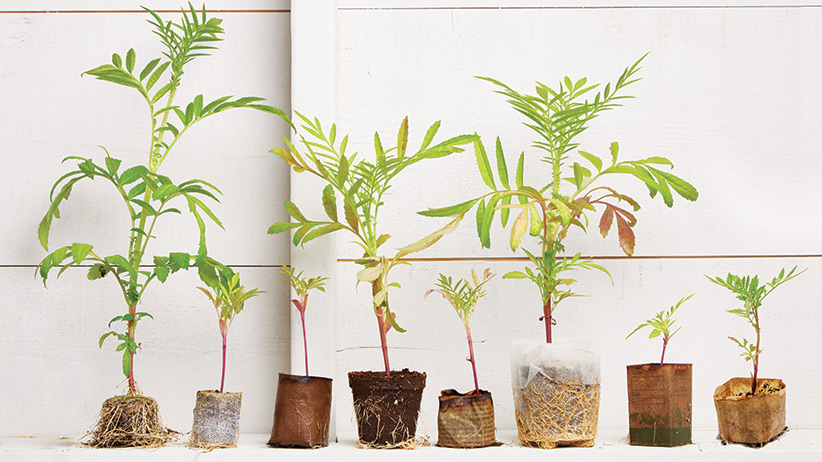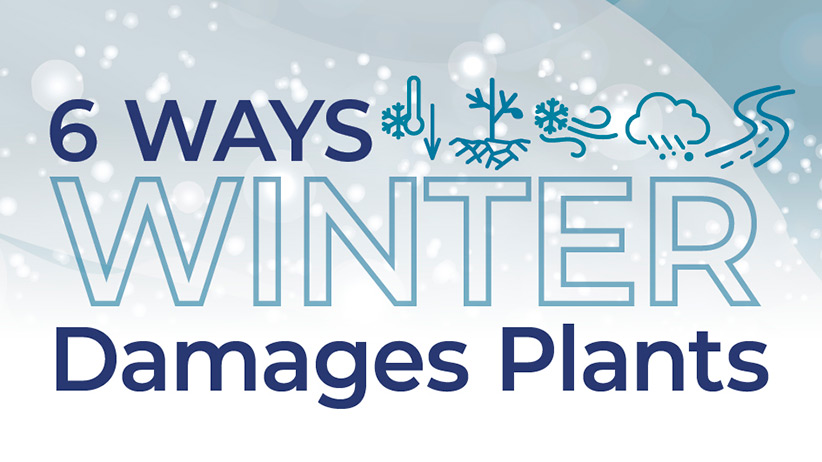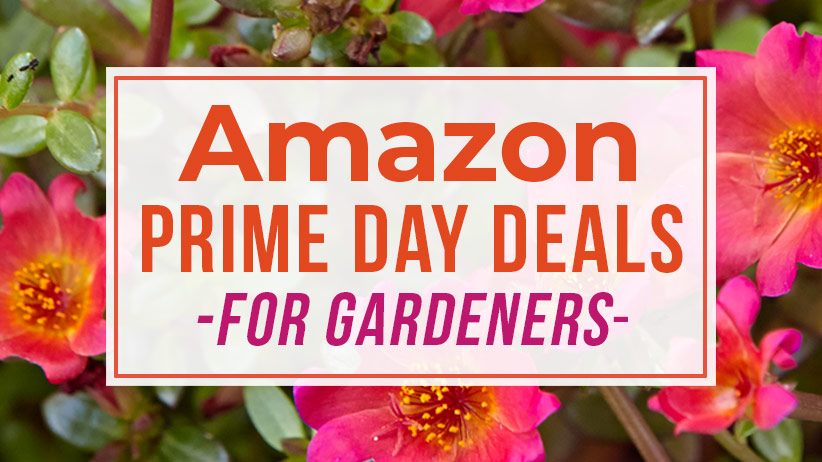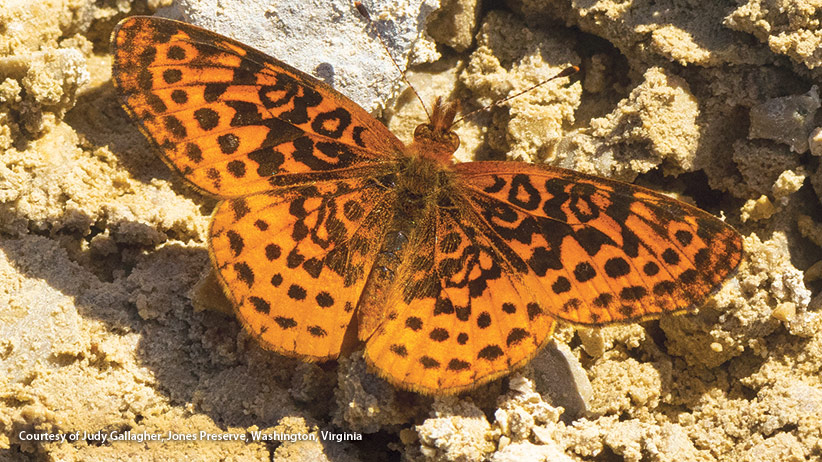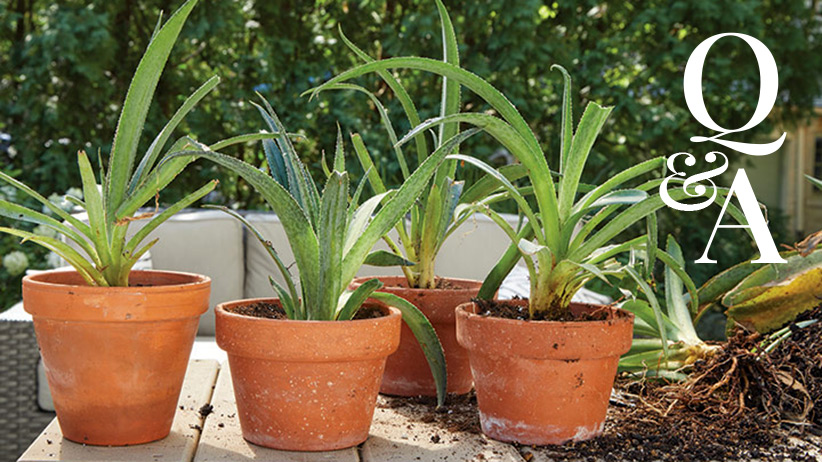Organic gardening products
Garden centers are to gardeners as toy stores are to kids — full of everything you ever wanted and stuff you didn’t know you needed. I can make the rounds of local stores and page through gardening catalogs multiple times a season and still find something I haven’t seen before. Often it’s a fertilizer to use as a supplement because it has extra nutrients that give specific results. Here are six organic products that you may come across and how they can help your garden.
You Might Also Like:
How to Use Fertilizer in Your Garden
Control Deer in Your Garden
7 Common Garden Pests
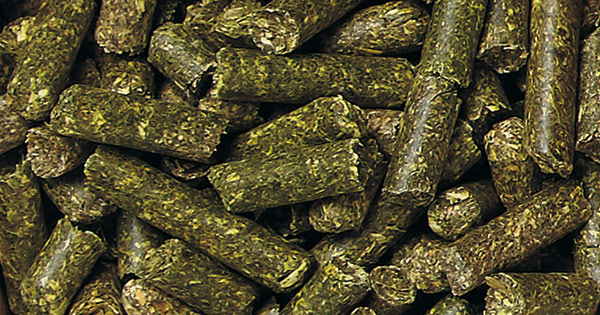
Alfalfa pellets
Organic fertilizer made from dried and ground alfalfa, a common livestock feed found at farm stores.
How to use alfalfa pellets in the garden
While available at garden centers as fertilizer, this product is cheaper as feed for rabbits, goats, and other livestock. Just get a brand without additives. Alfalfa pellets have an average NPK analysis of 2-1-2 and also contain calcium, iron, magnesium and zinc, which are slowly released over a few months. Learn about NPK with our article How to read a fertilizer label. The high nitrogen content can damage tender roots, so scratch pellets into the soil’s surface at a rate of 2 to 5 lb. per 100 sq. ft. Don’t put them in the planting hole. Alfalfa contains the natural growth stimulant triacontanol, so it can be useful to encourage new growth in spring. Try feeding roses alfalfa tea—steep 1 cup of pellets in 5 gal. of water overnight, then sprinkle the liquid around plants once a month. Sludge left in the bottom of the bucket can be poured around plants or on the compost pile.
Alfalfa Products You Might Like:
Alfalfa Pellets
Alfalfa Meal Fertilizer
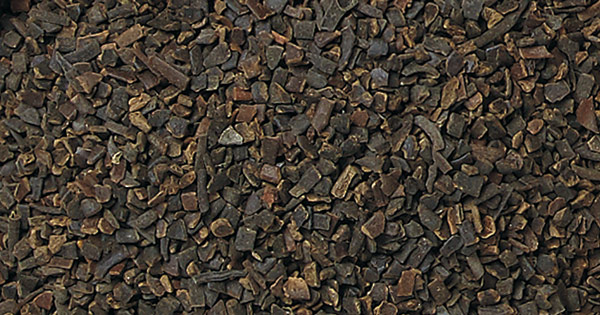
Kelp
Organic fertilizer made of dried seaweed found in meal (below), powder or liquid form.
How to use kelp in the garden
Kelp has a low NPK analysis, usually around 1-0-8. However, it does contain lots of micronutrients, so use it in addition to other organic fertilizers to give your plants extra nutrition. Till dry forms into new gardens or scratch them into the soil’s surface of established beds for a slow release of nutrients. A foliar spray is absorbed more quickly, which can give struggling or chlorotic plants a boost. Kelp contains naturally occurring plant growth hormones, which are beneficial for rooting and promoting flowering, making it especially good for the vegetable garden and containers.
Kelp Products You Might Like:
Kelp Fertilizer
Liquid Kelp Fertilizer
Organic Kelp Meal
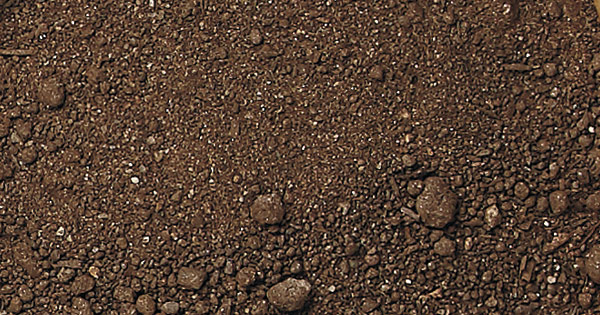
Worm castings
This organic soil amendment is made of worm excrement collected from vermiculture bins.
How to use worm castings in the garden
Worm castings are mixed in with soil to improve aeration and water retention. While the NPK formula is negligible, many trace minerals and nutrients are readily available to plant roots. In addition, worm castings contain good bacteria and microorganisms that improve soil health by breaking down organic matter. This product can be pricey considering the amount you need to use (3 to 5 lbs per 100 sq. ft. in outdoor beds), so unless you have really poor soil with little worm activity already, it might be better used for containers or as a topdressing to individual plants. You can also learn how to make your own vermicompost at Uncle Jim's Worm Farm's website.
Worm Casting Products You Might Like:
Worm Castings
Worm Compost
Worms Eat My Garbage by Mary Applehof
Worm Composting Farm
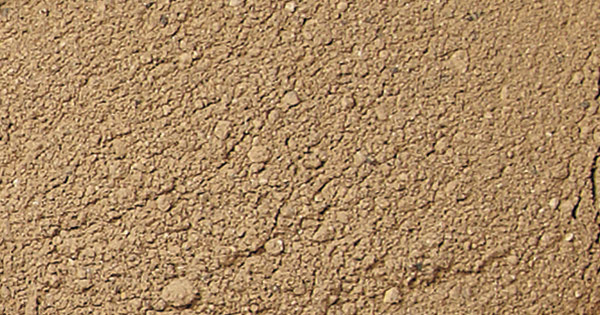
Guano
This organic fertilizer is made from bat or bird droppings collected in caves and roosting sites. It’s available as pellets or powder.
How to use guano in the garden
Nutrient formulations for guano vary tremendously, depending on where it is collected. Some are high in nitrogen and are great for greening up gardens. In the spring and fall, use it as a topdressing on the soil at a rate of 2 to 3 cups per 10 sq. ft. for established plantings. Don’t use it on new seedlings or young plants—it can burn tender roots. Other guano products are high in phosphorus and can be used to boost flowering in annual beds. Though organic, there is some concern about how it is collected in caves and whether that is disruptive to bird and bat habitats.
Guano Products You Might Like:
Bat Guano Fertilizer
Bat and Seabird Guano
Seabird Guano
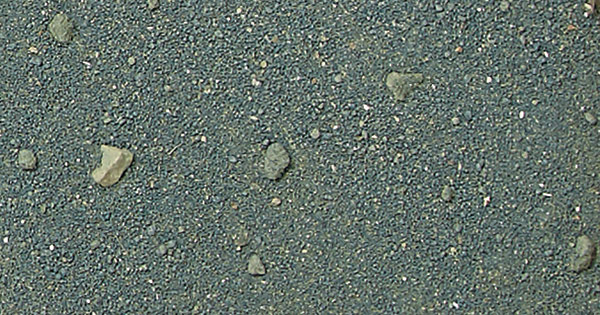
Greensand
This organic fertilizer is also used as a soil amendment. It’s made of glauconite, a mineral derived from ocean floor deposits, which has a sandy texture.
How to use greensand in the garden
With its high potassium content (0-0-6), greensand is a slow-release way to increase the potash in your garden. It also contains up to 30 trace minerals that plants need, so sprinkle it on the compost pile to add micronutrients to your finished product. It is often used as a soil-improvement agent because it is porous and will hold water, which is useful for containers and raised beds. Mix it into garden soil at a rate of 2 to 4 lb. per 100 sq. ft. or topdress in established beds.
Greensand Products You Might Like:
5-lb. Greensand
Greensand Soil Conditioner
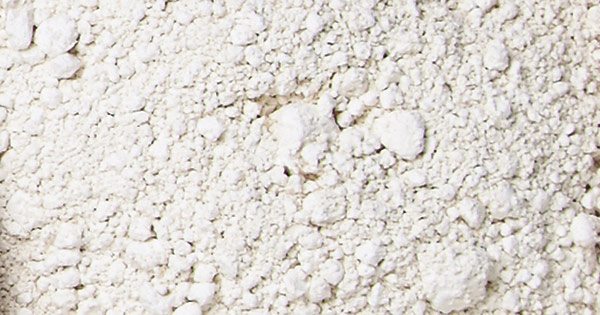
Diatomaceous earth
The sharp edges of this fine powdered organic insecticide scratch insects’ bodies, causing dehydration and death. It’s made of diatoms, fossilized remains of microscopic plants.
How to use diatomaceous earth in the garden
Diatomaceous earth can be sprinkled on soil, dusted on foliage or mixed with water and sprayed on leaves. It will kill any insect it comes in contact with. Spread it in a line 1 in. wide on the soil just outside the dripline of vulnerable plants to deter slugs. Dust a light layer on the soil surface of house plants to kill fungus gnats. Reapply after a rain or watering. Use only food-grade diatomaceous earth, as it is nontoxic to humans and pets, but be sure to wear a mask when applying the powdered form because breathing the dust can aggravate your lungs.
Diatomaceous Earth Products You Might Like
Diatomaceous Earth with Powder Duster
Diatomaceous Earth Crawling Bug Killer
Diatomaceous Earth Applicator



